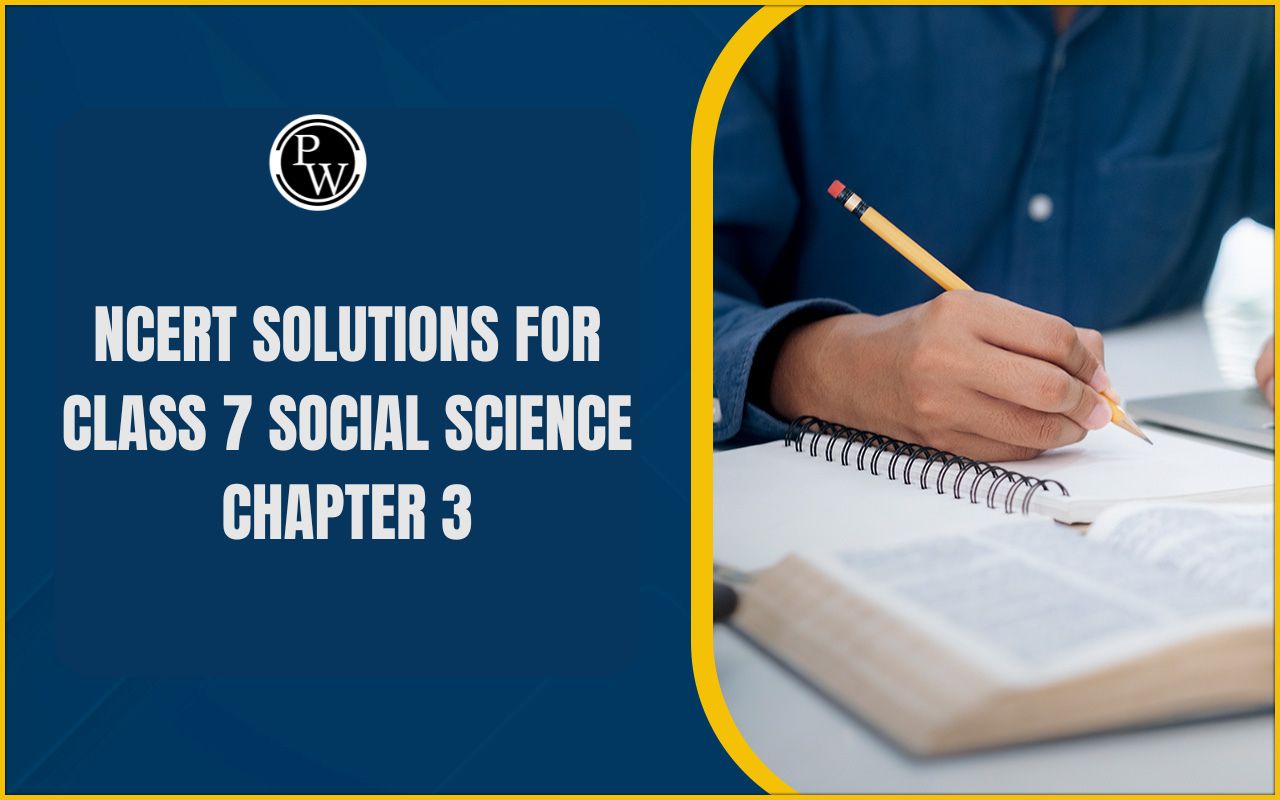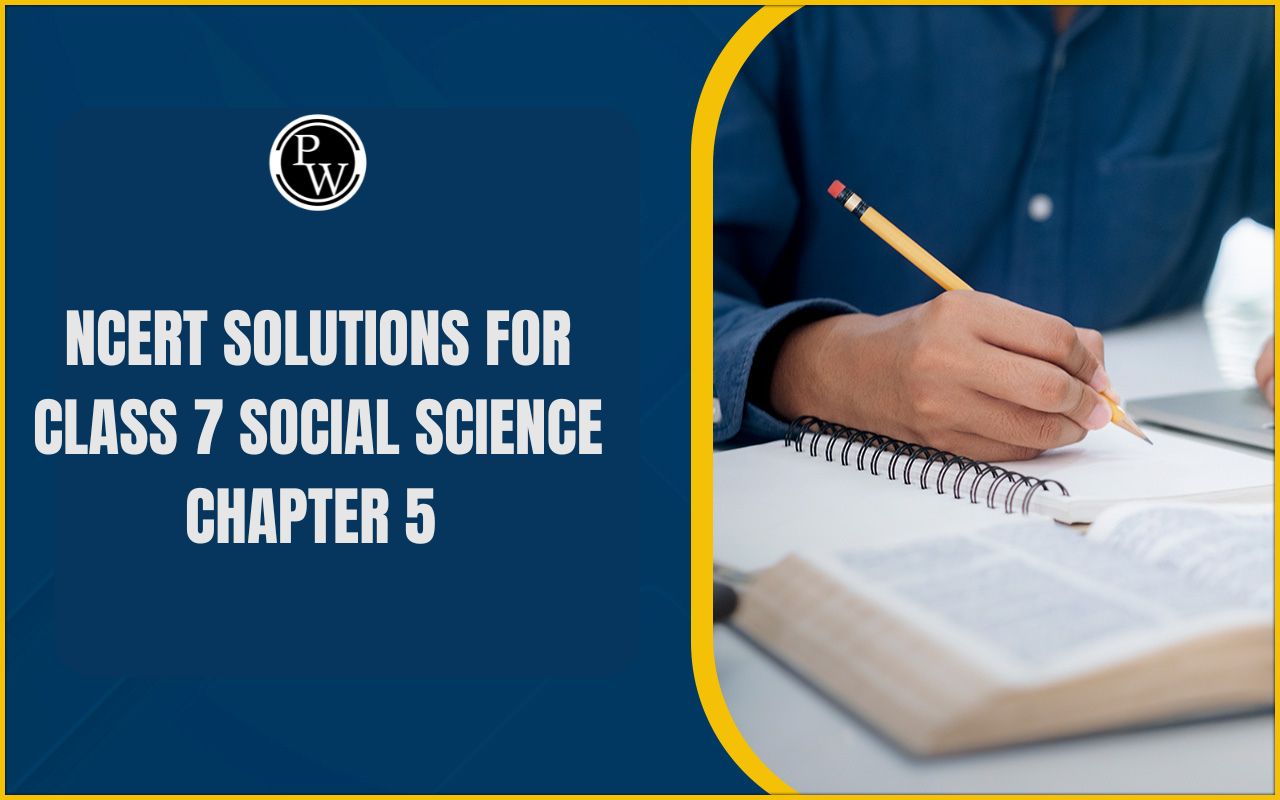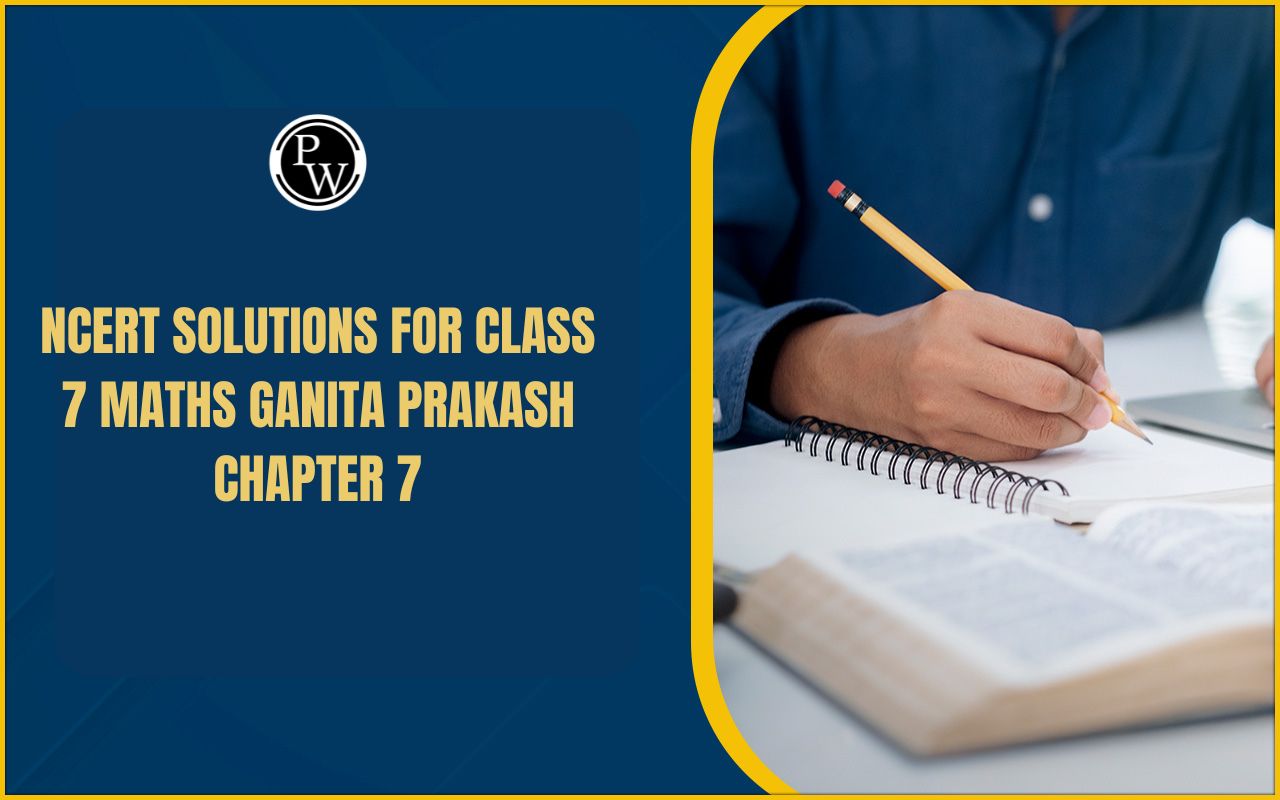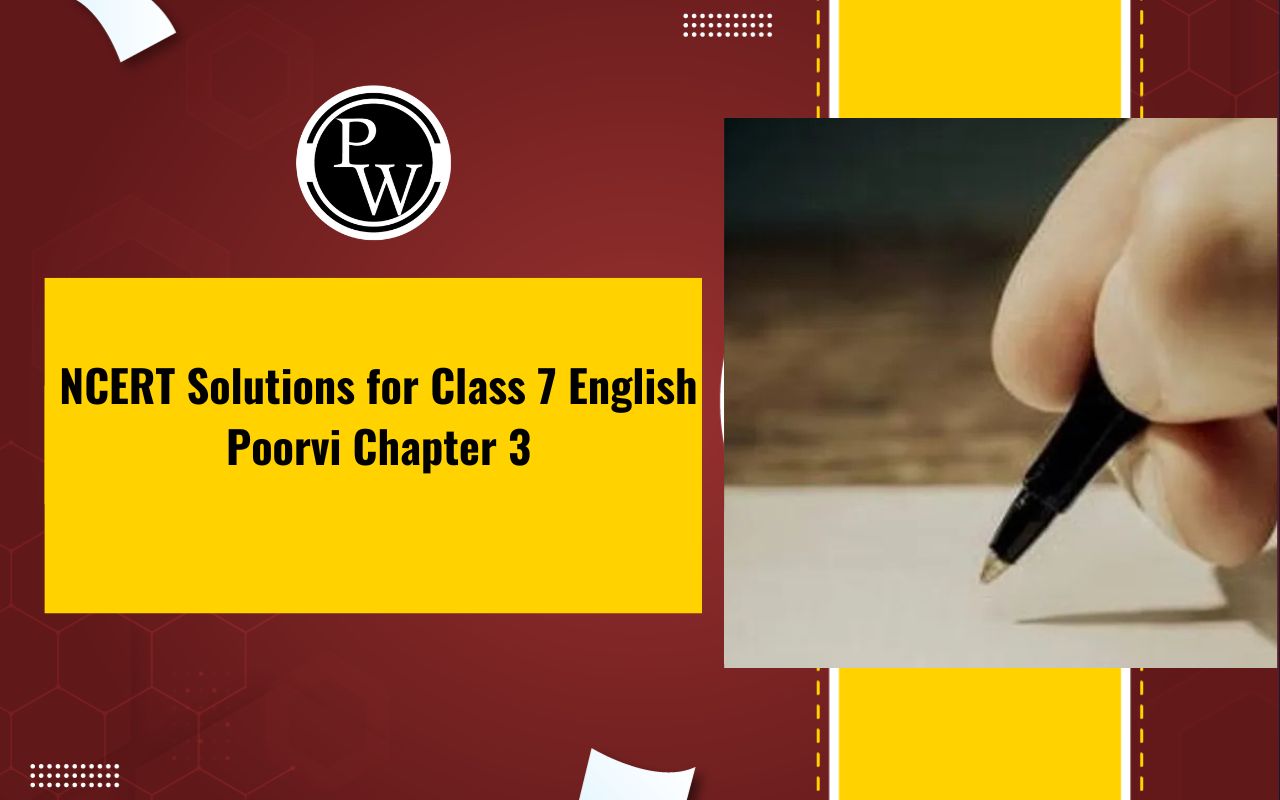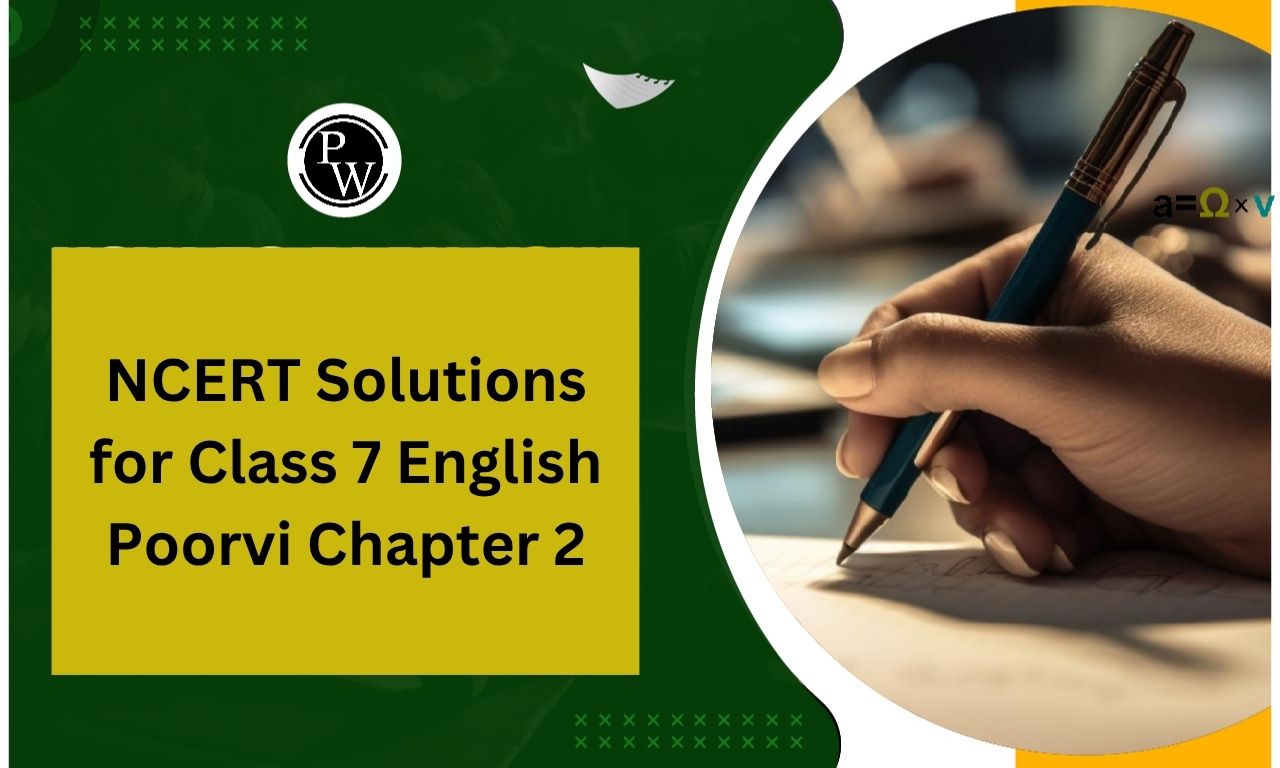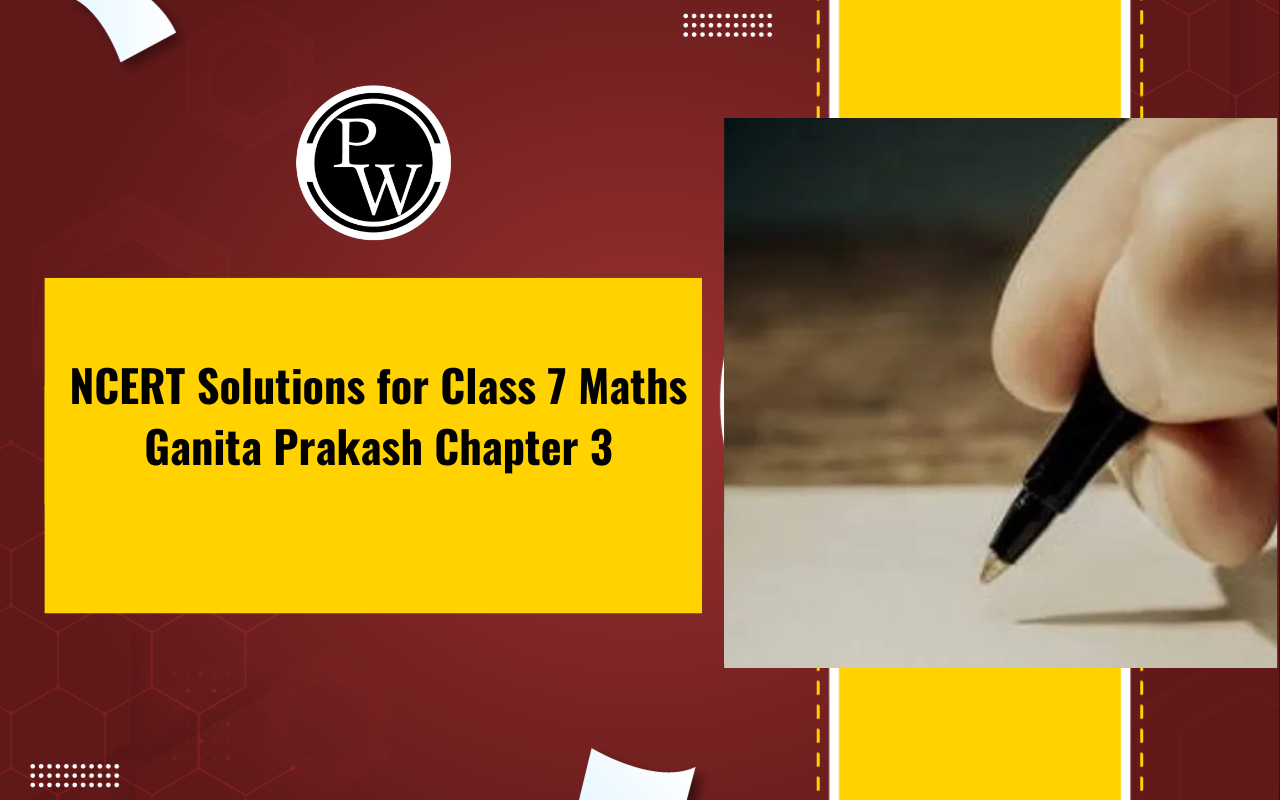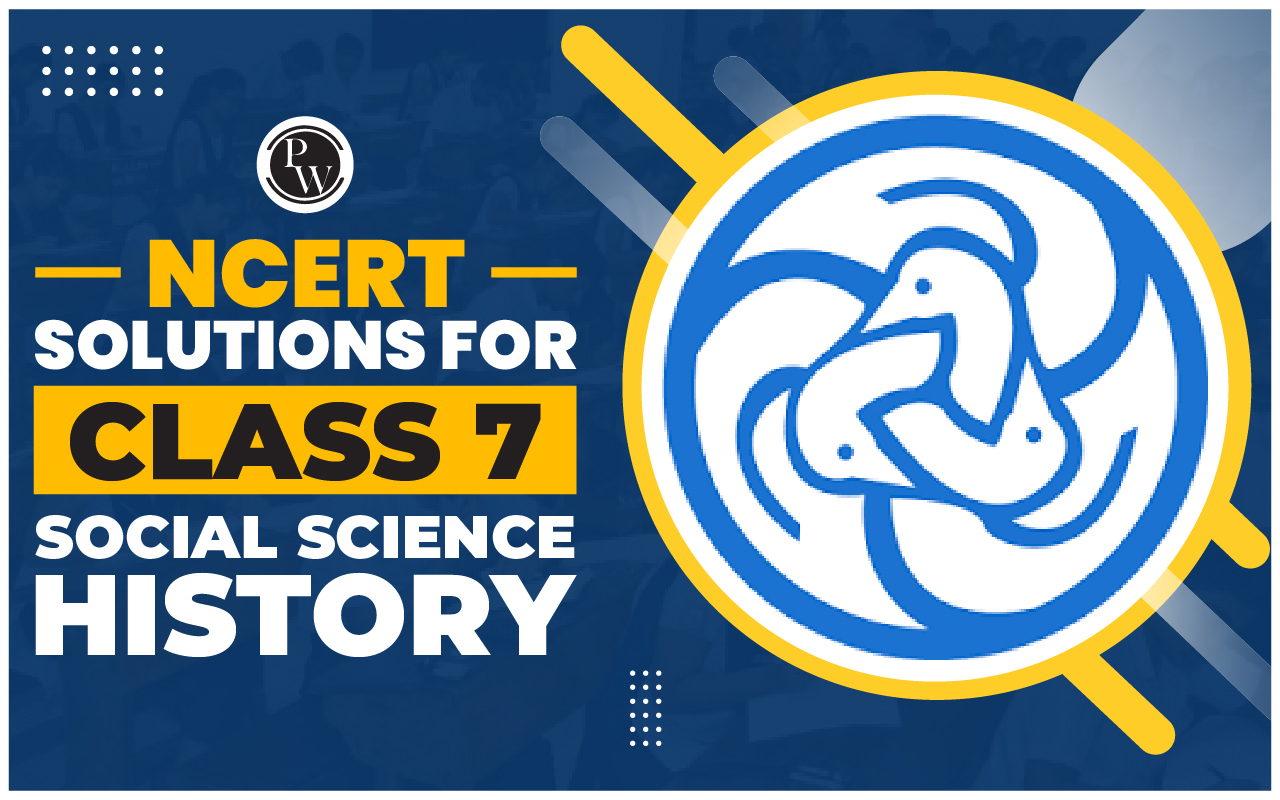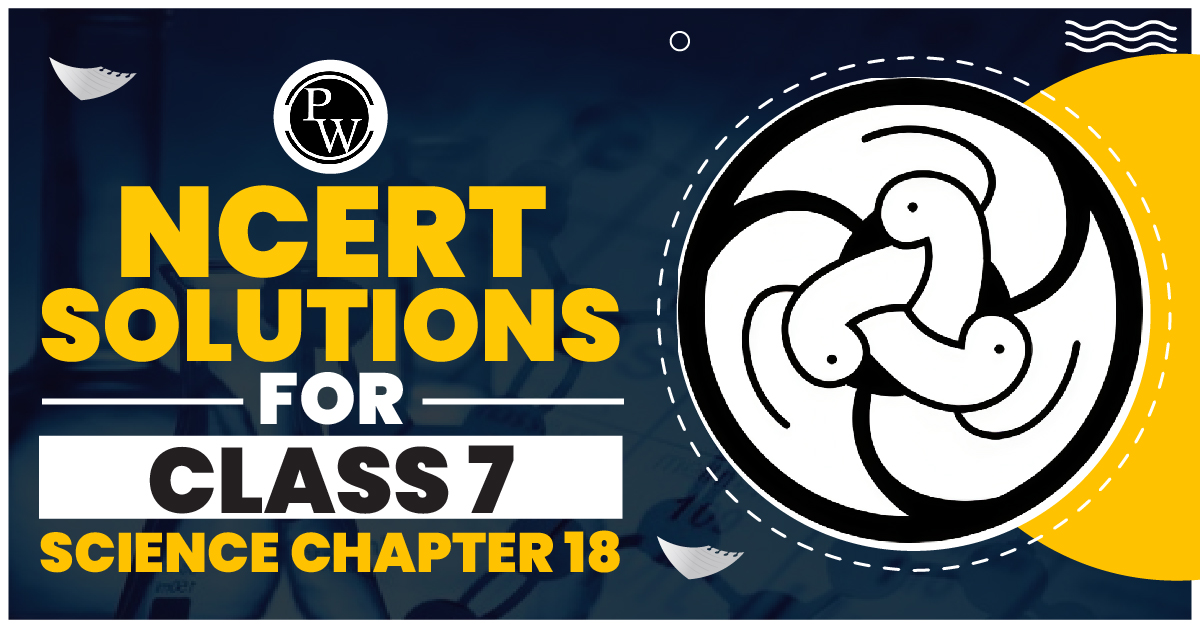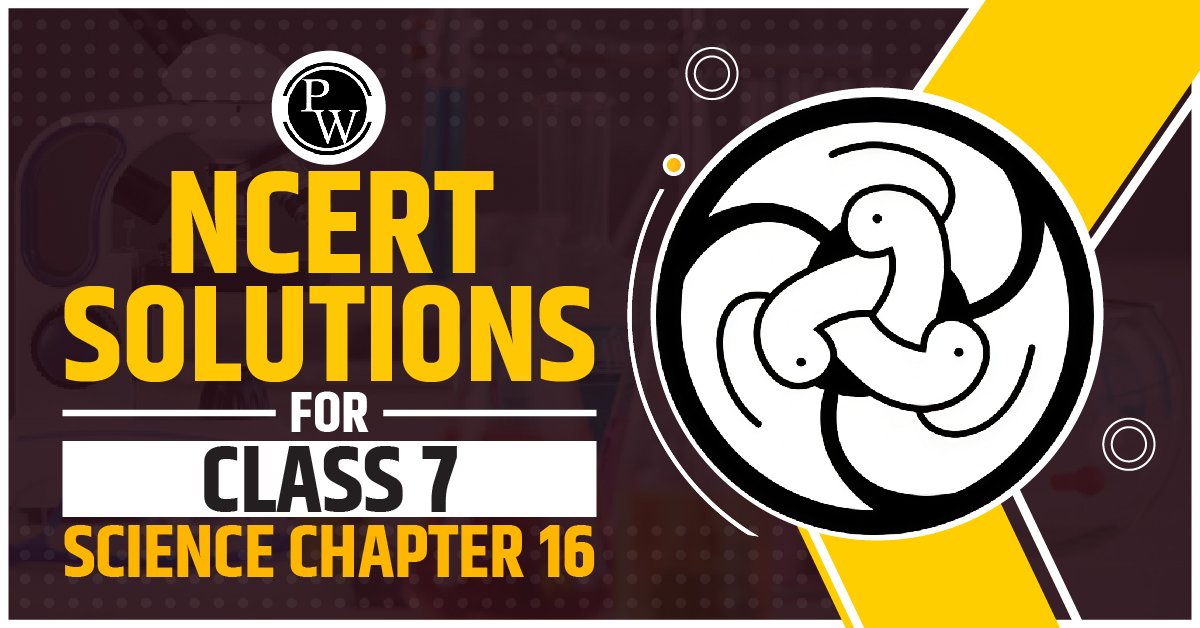
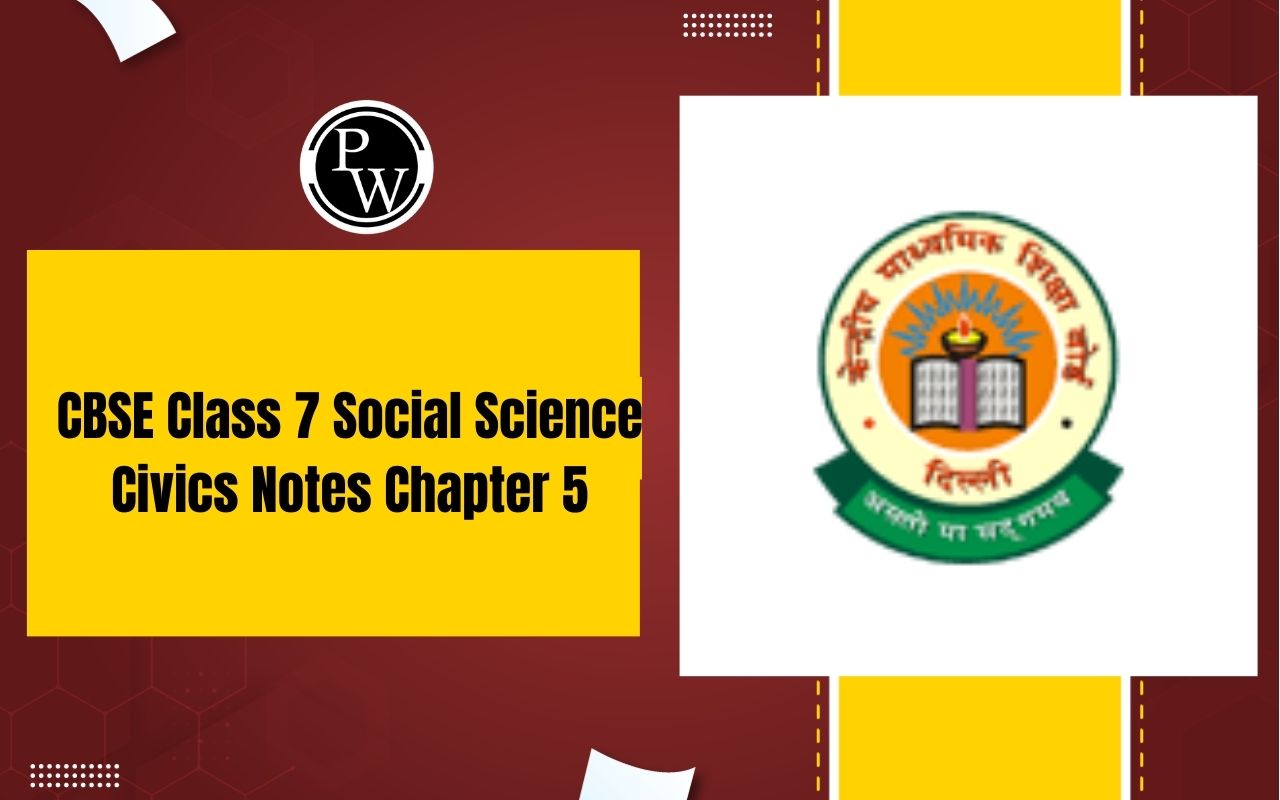
CBSE Class 7 Social Science Civics Notes Chapter 5: Chapter 5, "Women Change the World," explains how women have had a big impact on society. It shows how women fought for equal rights and opportunities.
The chapter tells stories of brave women who led social movements and worked to make the world better. By learning about these inspiring women, students are encouraged to think about fairness and equality for everyone.CBSE Class 7 Social Science Civics Notes Chapter 5 Women Change the World Overview
These notes are made by experts from Physics Wallah for CBSE Class 7 Social Science Civics, Chapter 5: "Women Change the World." This chapter talks about how women have made a big difference in society. It tells stories of brave women who fought for fairness and equal rights. By reading these notes, students learn about the important role women have played in making the world a better place.CBSE Class 7 Social Science Civics Notes Chapter 5 PDF
The PDF link for CBSE Class 7 Social Science Civics Notes, Chapter 5: "Women Change the World," is provided below. By learning about the inspiring stories of women who have made remarkable impacts, students gain insights into the importance of gender equality and the need to address systemic barriers.CBSE Class 7 Social Science Civics Notes Chapter 5 PDF
CBSE Class 7 Social Science Civics Notes Chapter 5 Women Change the World
Here we have provided CBSE Class 7 Social Science Civics Notes Chapter 5 Women Change the World for the ease of students, so that they can prepare better for their exams.Fewer Opportunities and Rigid Expectations
Society often holds stereotypes, like the idea that girls and women can't handle technical tasks. These beliefs can lead to girls not receiving the same support as boys. As a result, they may have fewer opportunities to pursue their interests or develop their skills in certain areas. These rigid expectations limit the potential of girls and women, preventing them from fully exploring their talents and capabilities. Breaking free from these stereotypes is crucial for creating a more inclusive and equitable society where everyone has the chance to thrive regardless of their gender.Learning for Change
Education plays a important role in shaping a child's future, and in the 19th century, new ideas about learning began to emerge. Schools became more prevalent, even in communities where education was previously uncommon. However, there was strong opposition to educating girls during this time. Rashsundari Devi, a housewife from a wealthy landlord's family, faced this opposition firsthand. It was believed that if a woman learned to read and write, it would bring misfortune to her husband, possibly leading to his death. Despite these beliefs, Rashsundari Devi secretly taught herself how to read and write after her marriage. Her determination to pursue education despite societal norms is a testament to the power of learning for change, challenging traditional beliefs and paving the way for progress.Schooling and Education Today
In today's world, both boys and girls attend school in large numbers. However, differences still exist in the education received by boys and girls. India conducts a census every 10 years to count its entire population and gather detailed information about its residents, including their age, education, and occupation. Several factors contribute to children from Dalit, Adivasi, and Muslim communities leaving school. In rural and impoverished areas, there is often a lack of proper schools and teachers. Additionally, schools may be located far from people's homes, and transportation options like buses or vans are unavailable, especially for girls. Parents may be hesitant to send their daughters to school. Economic constraints also play a role, as many families struggle to afford the cost of educating all their children, leading to boys being prioritized. Moreover, many children face discrimination from both teachers and classmates, further hindering their educational opportunities. Addressing these challenges is essential to ensuring equal access to education for all children, regardless of their background or gender.Women’s Movement
CBSE Class 7 Social Science Civics Notes Chapter 5 FAQs
Why is it important to study the role of women in society?
Studying the role of women in society helps us understand the importance of gender equality, recognize the contributions of women to various fields, and appreciate the challenges they have faced and overcome.
What are some examples of women's contributions to society discussed in the chapter?
Examples of women's contributions include their involvement in social movements, advocacy for women's rights, leadership in politics and governance, advancements in science and technology, and achievements in arts and culture.
How has the Women's Movement impacted society?
The Women's Movement has led to significant advancements in gender equality, legal reforms to protect women's rights, increased awareness of women's issues, and greater representation of women in various spheres of public life.
What can individuals do to support women's empowerment and gender equality?
Individuals can support women's empowerment and gender equality by challenging gender stereotypes, advocating for women's rights, promoting equal opportunities for women and girls, and actively participating in efforts to create a more inclusive and equitable society.
🔥 Trending Blogs
Talk to a counsellorHave doubts? Our support team will be happy to assist you!

Check out these Related Articles
Free Learning Resources
PW Books
Notes (Class 10-12)
PW Study Materials
Notes (Class 6-9)
Ncert Solutions
Govt Exams
Class 6th to 12th Online Courses
Govt Job Exams Courses
UPSC Coaching
Defence Exam Coaching
Gate Exam Coaching
Other Exams
Know about Physics Wallah
Physics Wallah is an Indian edtech platform that provides accessible & comprehensive learning experiences to students from Class 6th to postgraduate level. We also provide extensive NCERT solutions, sample paper, NEET, JEE Mains, BITSAT previous year papers & more such resources to students. Physics Wallah also caters to over 3.5 million registered students and over 78 lakh+ Youtube subscribers with 4.8 rating on its app.
We Stand Out because
We provide students with intensive courses with India’s qualified & experienced faculties & mentors. PW strives to make the learning experience comprehensive and accessible for students of all sections of society. We believe in empowering every single student who couldn't dream of a good career in engineering and medical field earlier.
Our Key Focus Areas
Physics Wallah's main focus is to make the learning experience as economical as possible for all students. With our affordable courses like Lakshya, Udaan and Arjuna and many others, we have been able to provide a platform for lakhs of aspirants. From providing Chemistry, Maths, Physics formula to giving e-books of eminent authors like RD Sharma, RS Aggarwal and Lakhmir Singh, PW focuses on every single student's need for preparation.
What Makes Us Different
Physics Wallah strives to develop a comprehensive pedagogical structure for students, where they get a state-of-the-art learning experience with study material and resources. Apart from catering students preparing for JEE Mains and NEET, PW also provides study material for each state board like Uttar Pradesh, Bihar, and others
Copyright © 2025 Physicswallah Limited All rights reserved.
